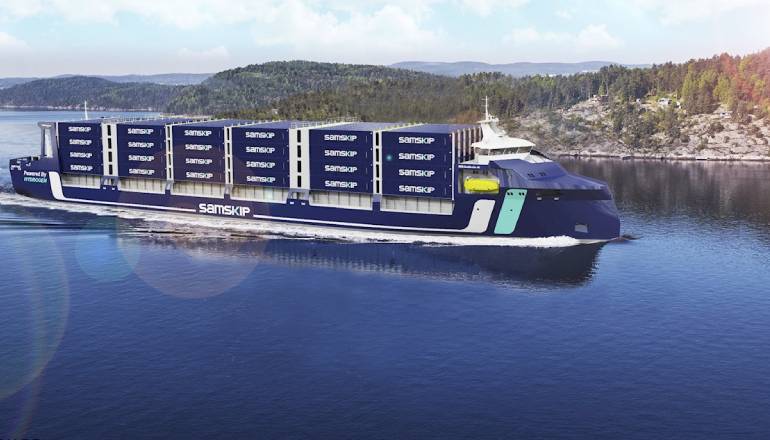In a bid to advance climate strategy, advocate carbon emissions, and reduce greenhouse gas emissions in line with the Paris Climate Agreement’s 1.5-degree Celsius scenario by 2050, the Global Steel Climate Council (GSCC) has established Global Steel Climate Standards (GSCS).
The standards are based on the principles of reducing global steel industry GHG emissions, establishing technology/production method agnostic standards, aligning with a science-based glidepath to achieve a 1.5-degree Celsius scenario, requiring third-party verification, and providing sustainable steelmaking information to decision-makers across the value chain.
The GSCS defines a clear boundary for sources of greenhouse gas emissions, covering activities from mining to hot rolling. They include renewable energy and RTCs, and may include emissions reductions from biogenic CO2 and process off-gases, the council said in an introductory note. The standard also provides criteria for evaluating and certifying flat and long steel products as lower-carbon emissions steel, with companies able to certify as many or few products as desired. The standard promotes science-based emissions targets, aligning with the 1.5°C scenario and IEA projections for 2050, and re-evaluating them every five years.
The five key GSCS pillars:
1. Scientific: The Intergovernmental Panel on Climate Change (IPCC), the International Energy Agency (IEA), and the World Steel Association (WSA) are reputable sources on which the GSCC has based its extensive research and information compiled from the most recent climate science, steel industry data, and market projections. The goal is to make sure the standard is in line with the most recent findings in climate science and the objectives of the Paris Agreement to achieve sector-wide targeted reductions by 2050.
2. Quantitative: Based on clearly defined boundaries that include carbon-intensive processes in the steelmaking value chain, the Steel Climate Standard specifies numerical steel product carbon emissions intensity standards.
3. Comprehensive: Have established a comprehensive decarbonization program that includes product-based standards and a framework for establishing science-based emissions targets for steel producers. Both of these initiatives depend on a decrease in the intensity of carbon emissions on a carbon dioxide equivalent (CO2e) basis, which includes all pertinent GHGs. As technology develops over the next few decades, this product-focused strategy enables decarbonization to be practically achieved on a mill-by-mill basis, the council said.
4. Principled: Are based on an approach that is process agnostic and has a clear vision for the future of steel in a decarbonizing economy. We hold all steel producers to the same Steel Climate Standard by doing away with the “sliding scale” idea for ferrous scrap. In addition to providing market drivers for short-term reductions from the highest emitting sources as well as long-term investment in emerging technology needed to meet the ultimate decarbonization goal in 2050, this approach recognizes the steel manufacturers who have already made sizable investments in lower carbon technology, the council said.
5. Transparent: The GSCC’s framework aims to make the certification of products, the verification of emissions targets based on science, and the labeling for consumer/end-use applications simple.









